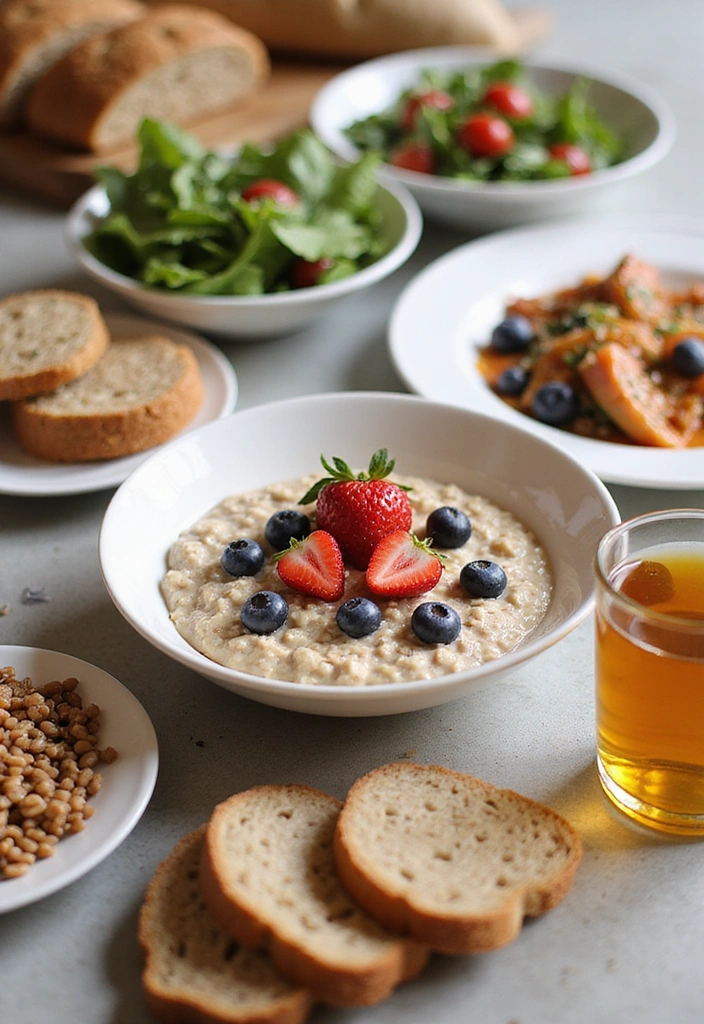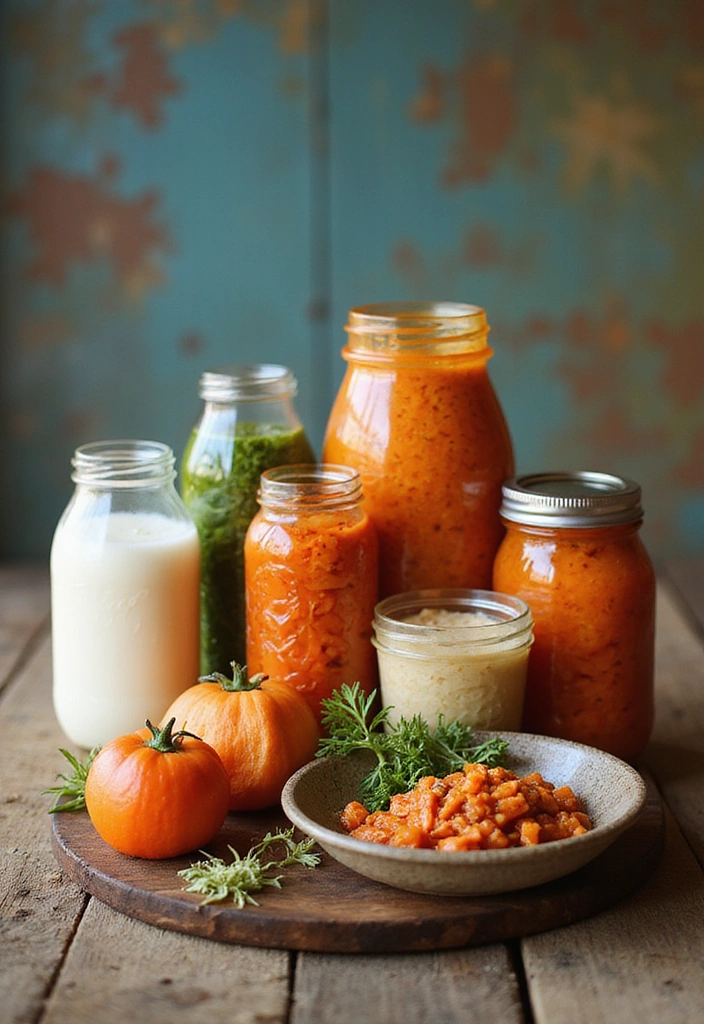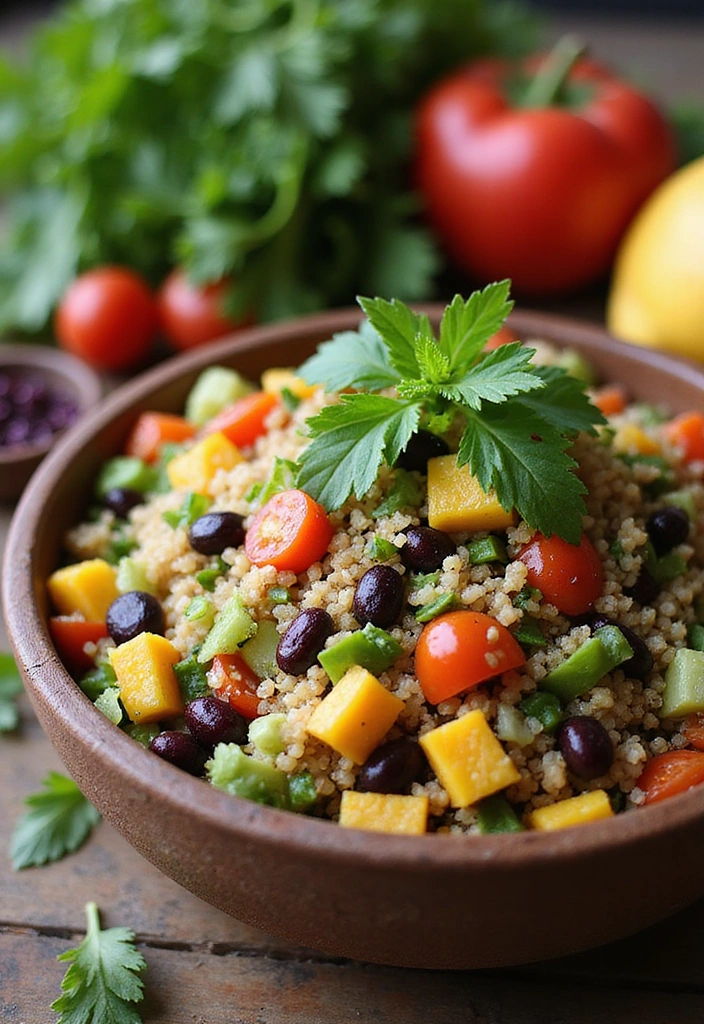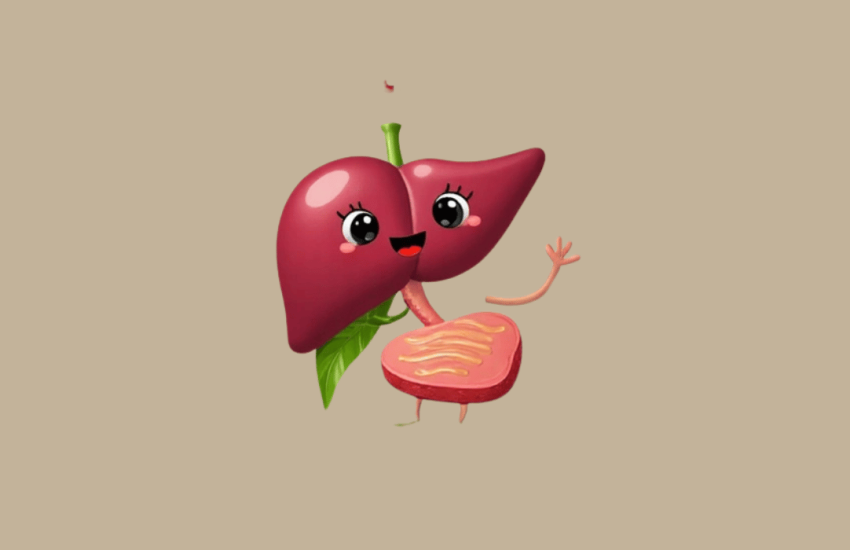Gut Health & Colon Cancer: The Connection You Shouldn’t Ignore
Gut health is a crucial aspect of overall well-being, influencing everything from immunity to mood.
Recent studies have unveiled a startling connection between gut health and colon cancer, emphasizing the importance of maintaining a balanced microbiome.
In this article, we will explore key insights into how your gut health can affect your risk of colon cancer and the lifestyle changes you can make to support a healthier digestive system.
By understanding this critical health connection, you can take proactive steps toward enhancing your overall health and reducing your risk of serious conditions.
Understanding the Microbiome

The human gut is home to trillions of microorganisms that play a pivotal role in digestion and overall health.
These bacteria, collectively known as the microbiome, help break down food, produce essential vitamins, and support the immune system.
Recent research indicates that an imbalance in gut flora may lead to inflammation and increase the risk of colon cancer.
Incorporating probiotic-rich foods like yogurt, sauerkraut, and kimchi can help restore this balance, promoting a healthier microbiome and potentially lowering cancer risk.
Dietary Fiber: Your Gut’s Best Friend

Dietary fiber is essential for maintaining a healthy gut and can significantly reduce the risk of colon cancer.
Fruits, vegetables, legumes, and whole grains are excellent sources of fiber that promote regular bowel movements and nourish beneficial gut bacteria.
Aiming for at least 25-30 grams of fiber per day can help keep your digestive system running smoothly.
Incorporating meals like oatmeal topped with berries, lentil soups, and whole grain pasta can help you reach your fiber goals while also protecting your gut health.
The Role of Inflammation

Chronic inflammation has been linked to many diseases, including colon cancer.
Certain foods can trigger inflammation, while others can help combat it.
Incorporating anti-inflammatory foods like turmeric, ginger, fatty fish, and leafy greens into your diet can support gut health and potentially lower cancer risk.
Simple changes, such as adding turmeric to your smoothies or enjoying a salmon dinner, can make a significant difference in managing inflammation.
Hydration and Gut Health

Staying hydrated is often overlooked but is essential for maintaining optimal gut health.
Water aids in digestion by helping to break down food and absorb nutrients, while also preventing constipation.
Herbal teas and hydrating fruits like watermelon can contribute to your water intake, making hydration enjoyable.
Aim to drink at least eight glasses of water a day and consider adding slices of lemon or cucumber for a refreshing twist.
Stress and Its Impact on Gut Health
Chronic stress can wreak havoc on your gut health, potentially increasing the risk of colon cancer.
Stress management techniques, such as mindfulness, yoga, and regular exercise, can support gut health by reducing inflammation and improving digestion.
Incorporating stress-reducing practices into your daily routine can benefit both your mental and gut health.
Simple practices like deep breathing exercises or a daily walk can have profound effects on your overall well-being.
Regular Screenings: A Must
Regular screenings for colon cancer are crucial for early detection and prevention.
The American Cancer Society recommends starting screenings at age 45 for average-risk individuals.
Discussing your family history with your healthcare provider can help determine the best screening schedule for you.
Incorporating screenings into your health routine can save lives and promote early intervention if necessary.
The Benefits of Fermented Foods

Fermented foods are bursting with probiotics that can enhance gut health and reduce the risk of colon cancer.
Options like kimchi, kefir, and miso can help replenish beneficial bacteria in the gut, promoting a balanced microbiome.
Adding these foods to your diet can be simple and delicious—think of adding kimchi to a stir-fry or enjoying kefir as a smoothie base.
Embracing fermented foods can be a fun and flavorful journey toward better gut health.
Gut-Friendly Snacks

Snacking doesn’t have to be unhealthy; there are plenty of gut-friendly options that can satisfy your cravings.
Opt for snacks rich in fiber and probiotics, like yogurt with fruit, raw veggies with hummus, or nuts and seeds.
These options not only taste great but also promote healthy digestion and may reduce cancer risk.
Preparing healthy snacks in advance can help you make better choices throughout the day.
Sleep and Gut Health

Quality sleep is vital for maintaining a healthy gut.
Poor sleep patterns can disrupt the balance of gut bacteria and increase the risk of inflammation, potentially leading to colon cancer.
Establishing a consistent sleep routine can have profound effects on your gut health.
Consider practices like keeping a regular sleep schedule, creating a calming bedtime environment, and limiting screen time before bed.
The Power of Whole Foods

Whole foods are packed with nutrients that support gut health and overall wellness.
Foods that are minimally processed, such as fruits, vegetables, whole grains, and lean proteins, can help maintain a healthy microbiome.
Emphasizing whole foods in your diet can reduce the risk of colon cancer and improve digestive health.
Creating meals centered around whole ingredients, like a quinoa salad with fresh vegetables, can be both nutritious and delicious.
Understanding Symptoms of Colon Cancer
Being aware of the symptoms of colon cancer is crucial for early detection.
Common signs include changes in bowel habits, blood in the stool, unexplained weight loss, and persistent abdominal discomfort.
If you experience any of these symptoms, it’s important to consult with a healthcare professional promptly.
Educating yourself about these symptoms can empower you to take charge of your health and seek necessary screenings.
The Importance of Exercise
Regular physical activity is essential for maintaining gut health and reducing the risk of colon cancer.
Exercise helps improve digestion, reduce inflammation, and support a healthy weight—all important factors in gut health.
Incorporating activities like walking, cycling, or strength training into your routine can have lasting health benefits.
Finding enjoyable ways to stay active can make it easier to maintain a consistent exercise regimen.
Mindful Eating Practices

Practicing mindful eating can significantly impact your gut health.
This involves paying attention to the flavors, textures, and sensations of your food, which can lead to better digestion and increased satisfaction.
Slowing down during meals and eliminating distractions can help you connect with your body’s hunger cues.
Incorporating mindful eating practices can enhance your relationship with food and promote a healthier gut.
Building a Support System
Having a strong support system can be invaluable when making lifestyle changes for gut health.
Connecting with friends, family, or support groups can provide encouragement and accountability.
Sharing your goals, challenges, and successes can create a sense of community and motivation.
Consider joining local health groups or online forums to connect with others on a similar journey.
Conclusion: Take Charge of Your Gut Health

Your gut health plays a critical role in your overall well-being and can significantly influence your risk of colon cancer.
By making informed dietary choices, managing stress, and staying proactive about screenings, you can take charge of your health.
Empowering yourself with knowledge and support will pave the way for a healthier future.



